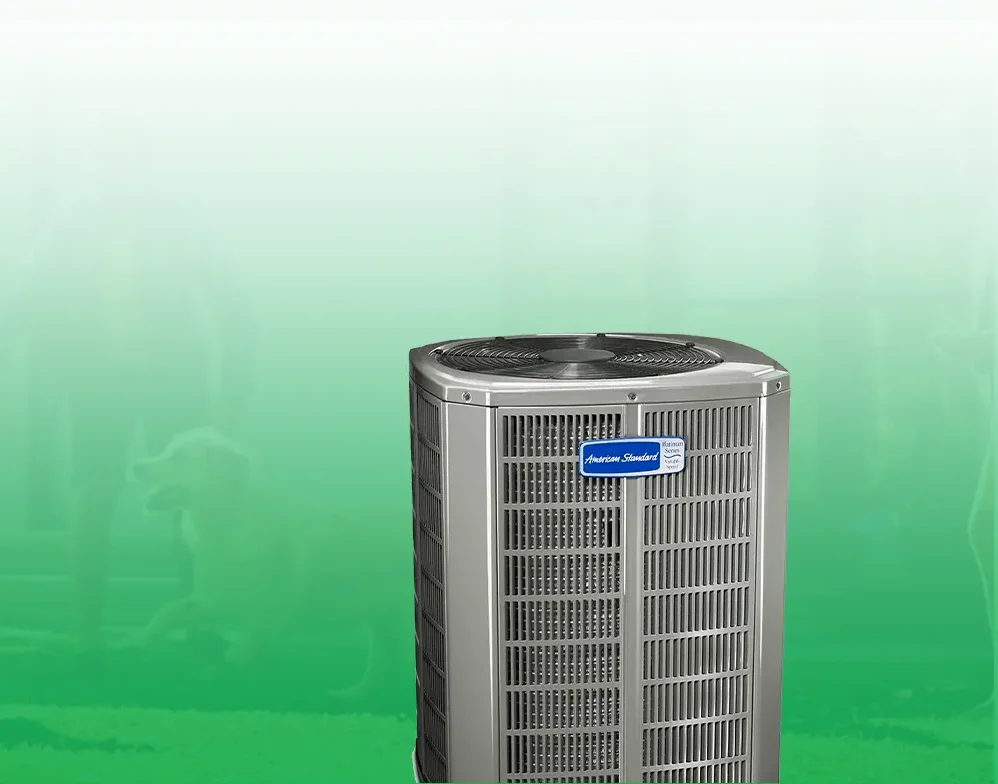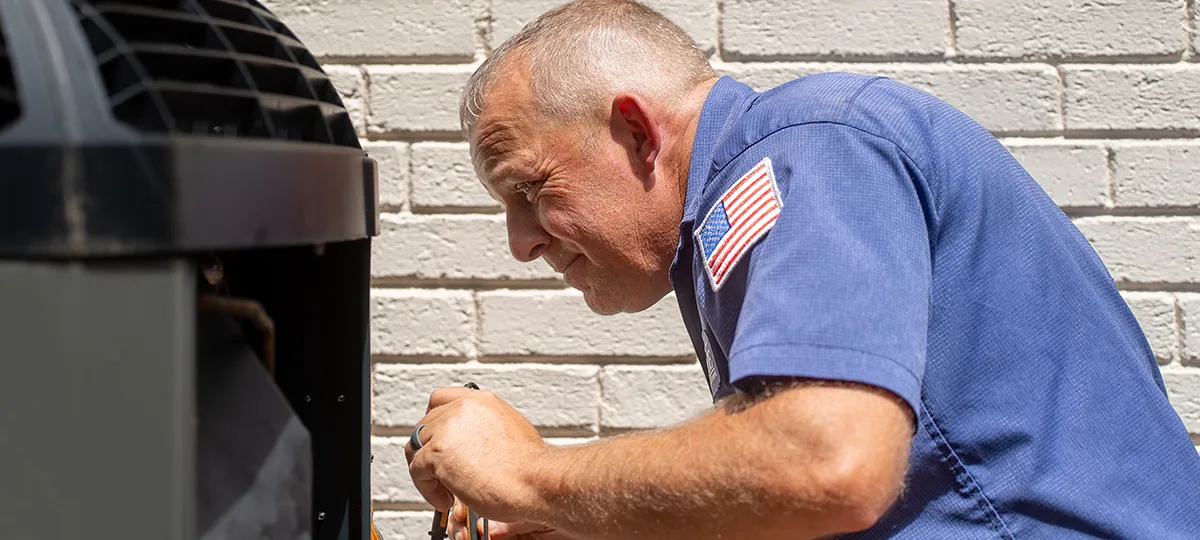Air filters play a crucial role in maintaining indoor air quality by trapping dust, pollen, and other airborne particles, ensuring that the air you breathe is clean and healthy. Additionally, air filters protect your HVAC system’s internal components from damage and help maintain its efficiency, reducing energy costs and extending the system’s lifespan.
Understanding the different types of air filters, how they work, and how to maintain them can make a significant difference in your home’s comfort and the durability of your HVAC system. Let’s explore the basics of air filters and why they’re so important for your home and well-being.
The Function of Air Filters in HVAC Systems
Air filters are designed to trap and remove particles from the air that circulate through your HVAC system. These particles include dust, pollen, mold spores, pet dander, and other airborne contaminants. The primary functions of air filters are:
- Air Purification: Air filters significantly improve indoor air quality by capturing and holding airborne particles. For those with allergies or respiratory problems especially, this is especially crucial since clean air helps to reduce symptoms and boost general health.
- System Protection: Air filters keep dirt and debris from building up on the HVAC system’s interior parts. This lowers wear and tear, increases equipment longevity, and maintains system efficiency.
- Energy Efficiency: Clean air filters enable the HVAC system to operate more efficiently. When filters are clogged, the system must work harder to circulate air, increasing energy consumption and utility bills.
Types of Air Filters
There are several types of air filters used in HVAC systems, each offering different levels of filtration efficiency:
- Fiberglass Filters: These are the most basic and inexpensive type of air filter. They consist of a thin layer of fiberglass fibers and are primarily used to protect the HVAC system from large particles. However, they could be more effective at improving indoor air quality.
- Pleated Filters: Because of their pleated form, pleated filters have a bigger surface area and are constructed of polyester or cotton paper. Compared to fiberglass filters, this enables them to better absorb tiny particles and enhance the quality of the air.
- High-Efficiency Particulate Air (HEPA) Filters: With their high level of efficiency, HEPA filters can collect 99.97% of particles as small as 0.3 microns. They are commonly used in environments requiring the highest air quality standards, such as hospitals and laboratories.
- Electrostatic Filters: These filters draw in and hold onto particles using an electrostatic charge. They efficiently remove a variety of airborne pollutants and may be washed or thrown away.
- Activated Carbon Filters: These filters contain activated carbon, which can absorb odors, volatile organic compounds (VOCs), and trapping particles. They are ideal for homes with pets or smokers.



















